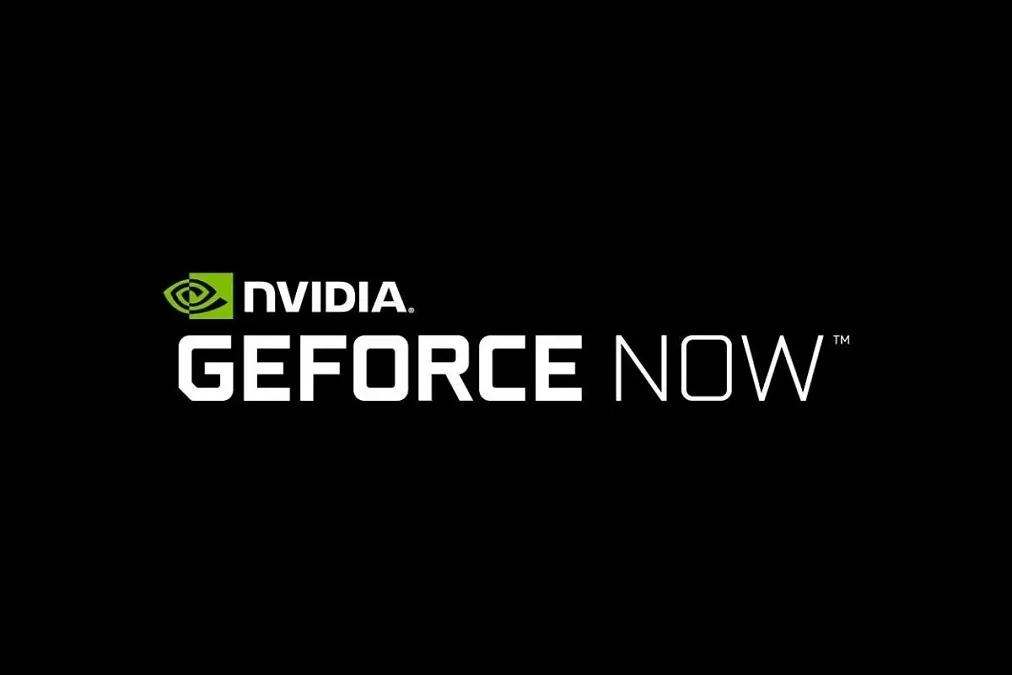Most Mac devices lag behind their competition when it comes to graphical performance. Considering most laptops and PCs in Macs’ price range come with external graphics cards, the integrated GPUs are hardly enough to put in a decent session of Apex Legends on a Mac—if the game could run on macOS, of course.
It’s not the overall performance that separates Macs from the rest, however. They tend to be excellent workstations and last for almost a decade, which is rare to see these days. Being able to run your favorite game on it will just be a huge plus, but don’t be expecting console or PC-level frame rates from your trusty Macbook.
Though Origin has a Mac-compatible client, Apex isn’t available for download through it since the game doesn’t support macOS, and it doesn’t look like it’ll become natively available on the platform any time soon. Mac users aren’t without options, however, and there are a couple of ways you can try out to become an Apex champion while playing on a Mac.
If you aren’t shy about making some upgrades to your Mac, you can harness its true power by attaching an external GPU and placing it on a strong cooling pad. The combination of the two will allow your Mac to deliver a gaming laptop-like performance, which should help you achieve smooth frame rates while playing Apex on it.
1) Install Windows on your Mac with the Boot Camp
Installing Windows on your Mac may feel like you’re defeating the whole purpose of owning one, but it’s the only way to natively play Apex on a Mac if you aren’t considering streaming services. When you set up Windows on your Mac, it’ll behave like any other Windows laptop.
If you aren’t considering investing in an external GPU to take your gaming experience to the next level, you’ll need a graphics card that’s at least as powerful as an NVIDIA GeForce GT 650 inside your Mac. Without a powerful enough GPU, you’ll only be able to make it to Apex’s main menu.
Here’s everything you need to know about installing Windows on your Mac to run Apex.
- To install Windows on your Mac, you’ll be using an included utility tool called the “Boot Camp.” Before you do anything else, you’ll need to download the official ISO file of Windows 10 through Microsoft’s official webpage.
- Microsoft guides users through the download process, and the ISO file should start downloading after a couple of clicks. Find yourself a USB stick, in the meantime, with at least 5GB of available storage since you’ll turn it into a boot drive.
- After you successfully download the ISO file, you’ll need to launch the “Boot Camp Assistant.” You can do this by running a quick spotlight search by pressing cmd and the space button and type in its name.
- The Boot Camp Assistant will prompt you with a small window that’ll ask you whether you’d like to install the latest Windows support software for Apple, and the answer is yes. You’ll need to click on install Windows as well, and a secondary pop-up should appear for you to locate the ISO file you downloaded from Microsoft.
- Make sure to select the correct thumb drive here since your Mac will use it as a boot drive to start the setup process of Windows 10. Note that newer Mac models may not even need a spare USB stick since they can complete this process by using your Mac’s hard drive.
- You’ll also need to decide how much space you’d like Windows to use on your system. Given that EA recommends a free storage size of at least 22GB for Apex to install, we recommend allocating at least 80GB for Windows to take over.
- After the Boot Camp Assistant finishes doing its magic, the Windows setup tool should take over and guide you through the whole installation process.
- Windows 10 should boot up by itself after the installation completes, and the iconic home screen should welcome you back to a new experience.
- You’ll need to install Apex like how you normally would do on a standard PC. Download Origin for Windows and log in with your user details to start installing Apex.
2) Play through the cloud

Cloud gaming has been making leaps and bounds to provide the best gaming experience to gamers without the necessary hardware to run games. While you’re guaranteed to get smooth and playable frame rates, the quality of your gaming experience will heavily depend on your internet connection’s stability.
GeForce NOW, for example, requires at least 15 megabits per second for 720p at 60fps and 25 megabits per second for 1080p at 60fps. Though it’s possible to achieve these values via Wi-Fi, we recommend using an ethernet cable to make sure you avoid any potential hiccups.
Getting your hands on a GeForce Now account can end up being a difficult task, however, since NVIDIA only accepts users with a limited capacity throughout the year. The free version of the service is limited to a single hour of gaming, which will never be enough for a satisfying Apex session.
This doesn’t mean you’re out of luck, though. There are other providers in the cloud gaming industry like Parsec and Vortex. It can also be a good idea to keep an eye on more mainstream cloud gaming platforms like Google’s Stadia and Amazon Luna.
Apex‘s chances of becoming available on more mainstream cloud platforms are unlikely, since EA itself is working on a cloud gaming service. There aren’t any dates mentioned on when this service would become available, but the developer can run a surprise beta test like it did with the game’s release in 2019.
Though some streaming platforms offer a trial period, you’ll need to become a paying subscriber to continue using their services. Starting to play Apex after you download these services is relatively simple since you’ll only need to launch Apex among the list of supported games and enter your EA account details to load into your account.
3) Stream Apex to your Mac via Sony Remote Play or alternative methods
If you already own a device that can run Apex without any problems, it can be a good idea to use the supported streaming services that they may offer. PlayStation, for example, grants its users the ability to stream their games to any device that supports Sony Remote Play.
If you own a PlayStation console, all you need to do is install the Remote Play program on your Mac. After setting it up on your Mac, you’ll need to complete the following steps on your PS4.
- Head over to settings and find “Remote Play Connection Settings.” Click on it and select the checkbox for “Enable Remote Play.”
- Activate the system as your primary console via Settings – Account Management – “Activate as Your Primary PS4.”
- Connect a controller to your Mac via Bluetooth or USB and launch the “PS4 Remote Play” app you installed previously. Click on Start if you’re prompted with any warnings.
- Sign in with your PlayStation Network account, and you should be able to start streaming Apex straight from your PlayStation.
Your Mac needs to be on one of the OS versions of above to support PlayStation Remote Play.
- macOS High Sierra
- macOS Mojave
- macOS Catalina
Xbox gamers aren’t as fortunate as PlayStation owners since Xbox’s native Console Streaming service doesn’t currently support any Apple devices. Xbox’s Streaming service only works on PC and Android devices for now, but there are alternative software solutions you can try to stream your Xbox games to Mac.
OneCast is an excellent example of this, and you’ll just need to make sure your Mac is on an OS version higher than El Capitan. Since this isn’t a native Microsoft product for Xbox, you’ll need to purchase this software to use it on your Mac or any other platform.
Before opting-in for any of the streaming methods, make sure that you have enough bandwidth, so you don’t end up experiencing a subpar gaming session. You can do this by performing an internet speed test. We recommend running a couple of back-to-back tests to verify your network values.
If your internet connection isn’t good enough to support cloud or game streaming services, then it may be time to upgrade your plan by contacting your internet service provider.













Published: Oct 8, 2020 03:44 pm